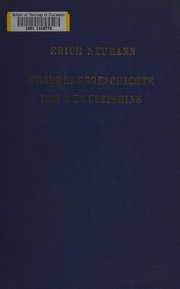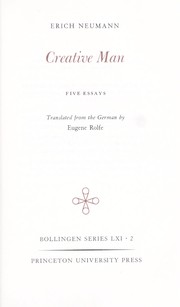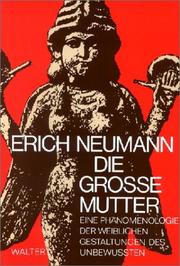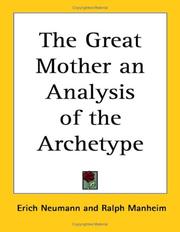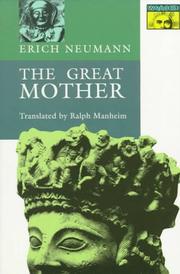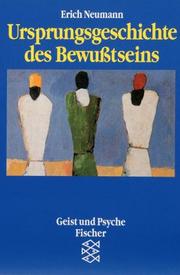Source: Wikipedia:
Erich Neumann (Hebrew: אריך נוימן; 23 January 1905 – 5 November 1960),[2] was a psychologist, philosopher, writer, and student of Carl Jung.
Career
Neumann was born in Berlin to a Jewish family.[1] He received his PhD in Philosophy from the University of Erlangen-Nuremberg in 1927 and then continued to study medicine at the University of Berlin, where he acquired his first degree in medicine in 1933. In 1934 Neumann and his wife Julia, who had been Zionists since they were teenagers, moved to Tel Aviv.[1] For many years, he regularly returned to Zürich, Switzerland to give lectures at the C. G. Jung Institute. He also lectured frequently in England, France and the Netherlands, and was a member of the International Association for Analytical Psychology and president of the Israel Association of Analytical Psychologists. He practiced analytical psychology in Tel Aviv from 1934 until his death from kidney cancer in 1960.[1]
Contributions
Neumann contributed to the field of developmental psychology and the psychology of consciousness and creativity. He had a theoretical and philosophical approach to analysis, contrasting with the more clinical concern in England and the United States. His most valuable contribution to psychology was the empirical concept of "centroversion", a synthesis of extra- and introversion. However, he is best known for his theory of feminine development, a theory formulated in numerous publications, most notably The Great Mother.
His works also elucidate the way mythology throughout history reveals aspects of the development of consciousness that are parallel in both the individual and society as a whole.
Bibliography
--Tiefenpsychologie und neue Ethik. Rhein, Zürich 1949
--Ursprungsgeschichte des Bewusstseins. Mit einem Vorwort von C.G. Jung. Rascher, Zürich, 1949
--Amor und Psyche. 1952
--Umkreisung der Mitte. 3 Bde., 1953/54
--Die große Mutter. Der Archetyp des großen Weiblichen. Rhein, Zürich 1956
--Der schöpferische Mensch. 1959
--Die archetypische Welt Henry Moores. 1961, posthum veröffentlicht
--Krise und Erneuerung. 1961, posthum veröffentlicht
--Das Kind. Struktur und Dynamik der werdenden Persönlichkeit. 1963, posthum 1980 veröffentlicht
--Jacob et Esaü: L'archétype des frères ennemis, un symbole du judaïsme, posthum 2015. French traduction of Jacob and Esau. Reflection on the Brother Motif, (c) Chiron Publications.
Wikipedia: https://en.wikipedia.org/wiki/Erich_Neumann_(psychologist)
Jordan B. Peterson claims Neumann is one of the best analysts and distillers of Carl Jung's works.
| Born | 23 January 1905 |
| Died | 5 November 1960 |
31 works Add another?

Most Editions
Most Editions
First Published
Most Recent
Top Rated
Reading Log
Random
Showing all works by author. Would you like to see only ebooks?
| Born | 23 January 1905 |
| Died | 5 November 1960 |
Subjects
Creative ability, Personality, Psychology, Women, Child psychology, Psychoanalysis, Subconsciousness, Consciousness, Creation (Literary, artistic, etc.), Criticism and interpretation, History, Humanism, Mother goddesses, Personality in children, Philosophical anthropology, Religions, Analytische psychologie, Archetype (Psychology), Archetypus, Art, Art and society, Art, modern, 20th century, Arts, Modern, Arts, modern, BewusstseinTime
20th centuryID Numbers
- OLID: OL169062A
Links outside Open Library
No links yet. Add one?
| April 13, 2020 | Edited by Ultra_Being | Edited without comment. |
| April 13, 2020 | Edited by Ultra_Being | Edited without comment. |
| April 1, 2008 | Created by an anonymous user | initial import |


